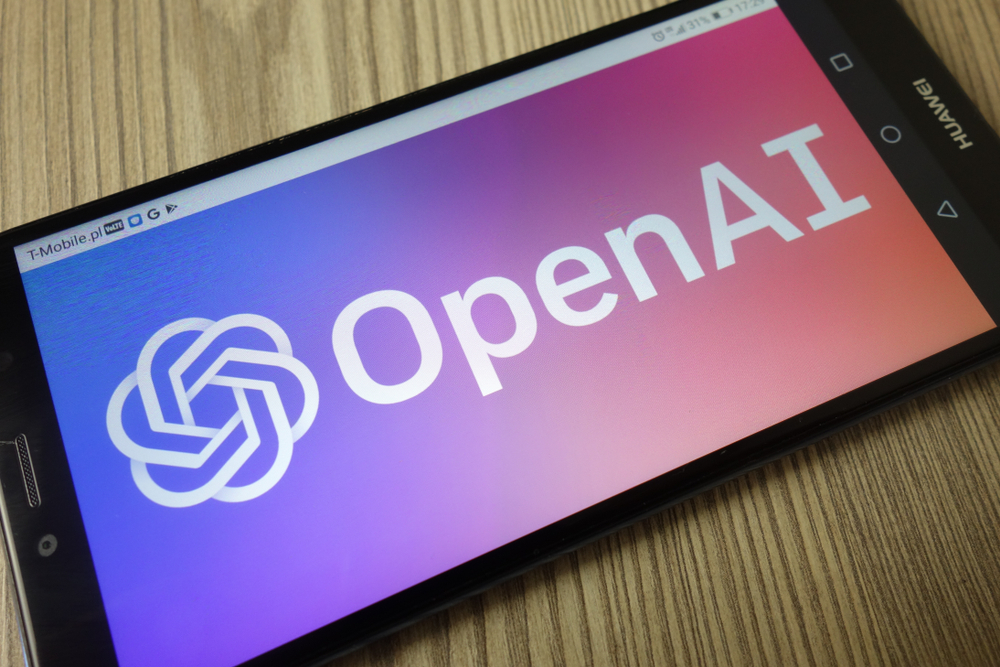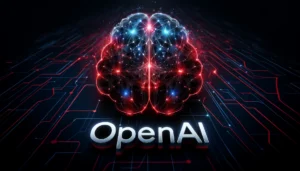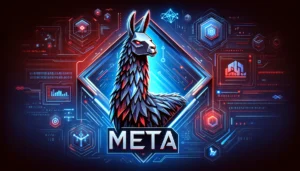OpenAI, the once-transparent AI research lab, has retreated further from its founding principles.
This won’t be news to many, but another change of stance came to light following a recent interaction with WIRED, which discovered that OpenAI is now withholding key documents from access.
The company had previously stated the “public can review copies of its governing documents, financial statements, and conflict of interest rules.”
Making such documents open and accessible is unusual, so why is it a problem for OpenAI?
Well, a clue lies in the company’s name – deliberately selected to indicate a departure from closed development in the tech space. It’s a bygone era of the company that many sorely miss.
In December 2015, successful tech entrepreneurs like Sam Altman and Elon Musk and companies including AWS and Infosys launched OpenAI, pledging over $1 billion.
They aimed for open collaboration, promising to share patents and research publicly. The initial team, which included talents like Ilya Sutskever and Wojciech Zaremba, set high expectations, and early research was militantly open and accessible.
2019 marked a pivotal year for OpenAI, transitioning to a “capped” for-profit entity. This model, limiting profits to 100 times the investment, aimed to attract more funds and offer company stakes to employees. Microsoft’s $1 billion investment soon followed, fuelling ambitions to develop and commercialize OpenAI technologies.
Meanwhile, generative AI took hold of the tech world, and OpenAI began to see its impact escalate. From its experimental and novel origins, the company was poised to define AI’s trajectory and use across society.
Elon Musk’s departure from OpenAI’s board in 2018 marked another turn. Concerned about lagging behind Google and conflicting interests with Tesla, Musk’s exit left a void. His initially promised $1 billion funding was reduced to $100 million, exacerbating financial strains and pushing OpenAI towards its for-profit incarnation.
Microsoft’s capital injection in 2019 was another milestone, paving the way for groundbreaking tools like ChatGPT and DALL-E. But this partnership didn’t escape scrutiny.
Musk, expressing his dismay, questioned the legality and ethics of this transformation.
“OpenAI was created as an open source… to serve as a counterweight to Google, but now it has become a closed source, maximum-profit company effectively controlled by Microsoft. Not what I intended at all,” Musk tweeted on February 17, 2023.
OpenAI was created as an open source (which is why I named it “Open” AI), non-profit company to serve as a counterweight to Google, but now it has become a closed source, maximum-profit company effectively controlled by Microsoft.
Not what I intended at all.
— Elon Musk (@elonmusk) February 17, 2023
He later said, “I’m still confused as to how a non-profit to which I donated $100 million somehow became a $30 billion market cap for-profit. If this is legal, why doesn’t everyone do it?”
I’m still confused as to how a non-profit to which I donated ~$100M somehow became a $30B market cap for-profit. If this is legal, why doesn’t everyone do it?
— Elon Musk (@elonmusk) March 15, 2023
By early 2023, OpenAI’s value soared, with talks of funding that would double its 2021 valuation to $29 billion. Microsoft’s further investment of $10 billion cemented its influence.
And then we had the OpenAI leadership controversy which saw CEO Sam Altman fired and re-hired, with a modification to the company’s board, likely meaning lower resistance to the company’s aims, regardless of their perceived safety.
This saga also showed that the board couldn’t overthrow Altman, largely rendering its purpose to the company’s founding principles – and the cause of protecting against unsafe AI development – obsolete.
OpenAI closes access to reports and documents
When WIRED requested records from OpenAI, the company’s response was restrictive.
Niko Felix, a spokesperson for the company, clarified the current policy, stating, “We provide financial statements when requested. OpenAI aligns our practices with industry standards, and since 2022 that includes not publicly distributing additional internal documents.”
Wired also stated that access to OpenAI’s conflict-of-interest policy might have offered insights into the power dynamics between Altman and the new board, especially considering his personal investments in AI-related startups like Rain AI.
Despite these overlapping interests, Felix assures that Altman’s dealings are transparent and well-managed, saying, “Altman is transparent with the board about his investments and follows a process for managing potential conflicts.”
Any changes to the company’s articles, particularly those made during Altman’s explosive dismissal and return, remain undisclosed.
The company’s withdrawal from transparency, procurement controversies, leadership debacle, corporate lawsuits, and partnerships with the US Department of Defence signal a drift – or rather a sharp push – away from its initial ethos.





